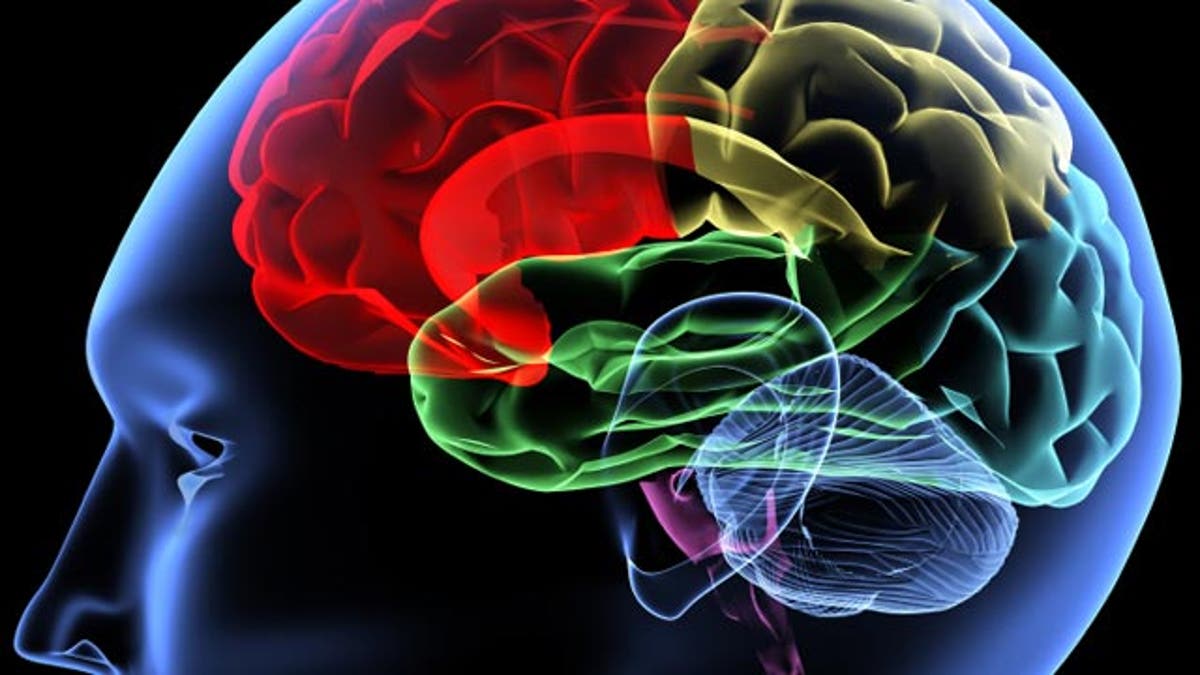
(iStock)
People with an immediate family history of Alzheimer's disease are four to 10 times as likely to contract the condition. A new study now suggests the chances of getting Alzheimer's are higher if your mother had it than if your father had it.
Jeffrey Burns, the director of the University of Kansas Medical Center's Alzheimer's and Memory Program, said the findings don't mean that children of mothers with Alzheimer's disease will develop the condition.
"It's not clear on an individual basis how much this risk applies," he said.
Dr. Burns and other researchers are conducting a larger study as part of the university's brain-aging project, which is comparing people with early-stage Alzheimer's disease and individuals with little or no memory problems. As part of the brain-aging project, people undergo periodic MRI scans of the brain so researchers can track brain changes over time and see if those changes have an impact on the development and progression of Alzheimer's. Researchers are also looking at whether things like exercise can cut the risk of Alzheimer's or slow its progression. Other research has suggested changes in the brain occur long before symptoms of Alzheimer's appear.
About five million people in the U.S. currently have Alzheimer's disease, a progressive brain disorder that causes memory loss and eventually results in total disability and death. The number of new cases of Alzheimer's are expected to sharply increase as the baby-boom generation ages.
The study, funded by the National Institutes of Health, will be published in the March 1 edition of Neurology, the medical journal of the American Academy of Neurology.
